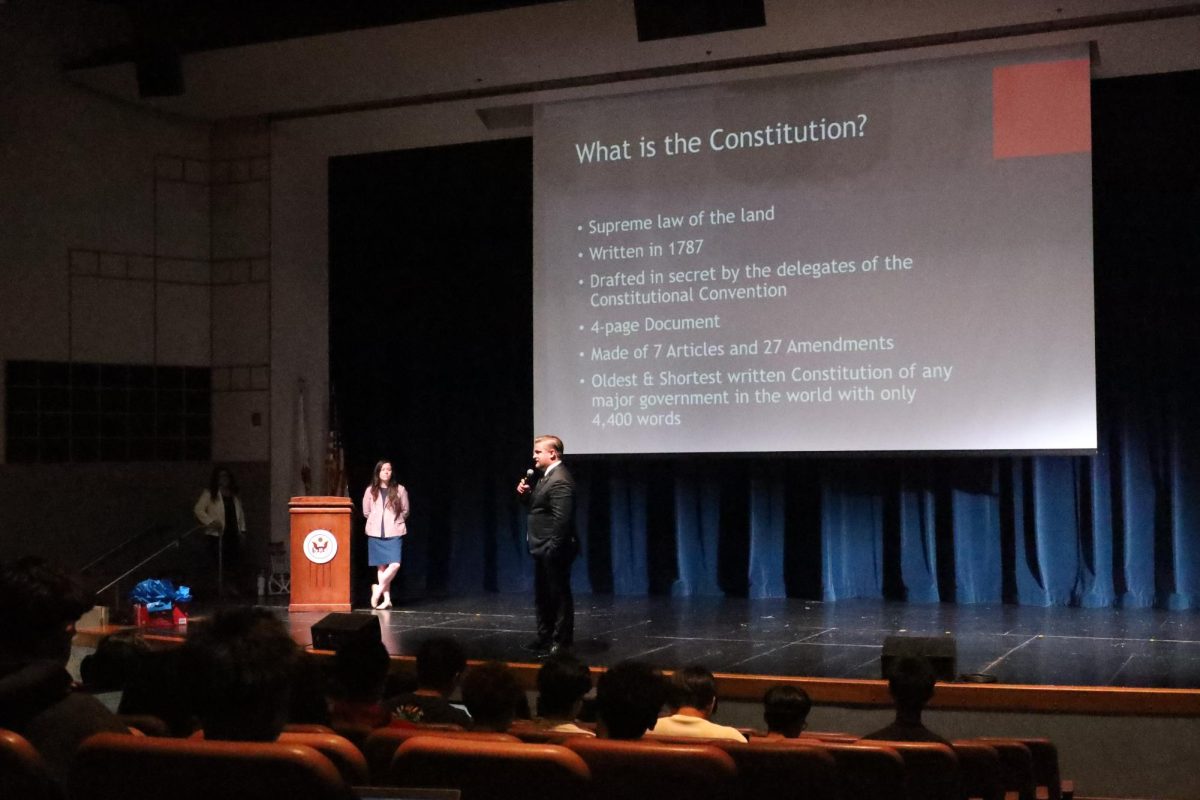With several changes in federal legislation, college tuition is expected to increase in 2026, caused by Pell Grant restrictions, federal grant reductions and private universities now having a layered tax system.
Students with a full-ride scholarship may lose their Pell Grant eligibility. Effective July 1, 2026, students whose Student Aid Index is equal to or exceeds twice the maximum Pell Grant amount will be deemed ineligible.
The One Big Beautiful Bill Act introduces a new tax system, where private universities will now have a tiered system determining how much tax they pay based on their endowment.
“It will affect [the private sector] very little because Pell Grants were never even close to enough money to cover private school tuition,” founder of The Princeton Review and former Collegewise CEO Paul Kanarak said. “I think it’s going to really hurt four-year state school admissions, in turn driving kids into the community college ranks.”
With grant cuts, students are expected to have limited access to financial aid from colleges.
“I think [the federal government] is designed to say that ‘because we can’t control these programs, and we can’t guarantee the money is going to the right places, because fraud in the financial aid sector is rampant, we’re going to draw back the money,’” Kanarak said. “That means private colleges are going to have to give more of their own money to attract more underprivileged kids, meaning that fewer underprivileged kids are going to be able to go to those colleges.”
However, a volunteer with the admissions department, Susan Brosché, says that the University of Southern California (USC) has not seen as many tuition changes yet due to grant cuts.
“[Tuition] is high and it’s going to continue [to rise], but they have an enormous amount of merit aid, institutional aid, federal and state money in California that can really offset a lot of that. That’s one of the advantages USC has, that it does grant lots of aid to students, or else no one could afford to go there,” Brosché said.
Many colleges, such as Cal Poly Pomona, recently had their Voluntary Separation Incentive Payment to make up for those budget deficits, reducing the size of its staff.
“It’s about how many resources we can deploy to get more students, accommodate those students, and have more space. Our tuition rose, so last year, it was about seven grand for a full academic year, which now it’s $8,100,” Cal Poly Pomona outreach counselor Deshan Liyanage said.







